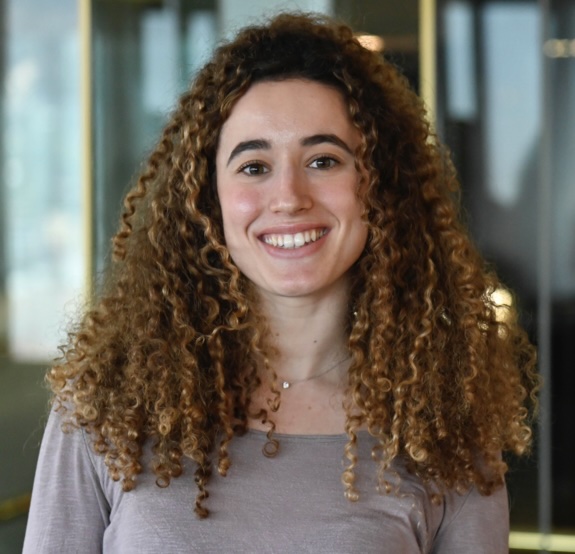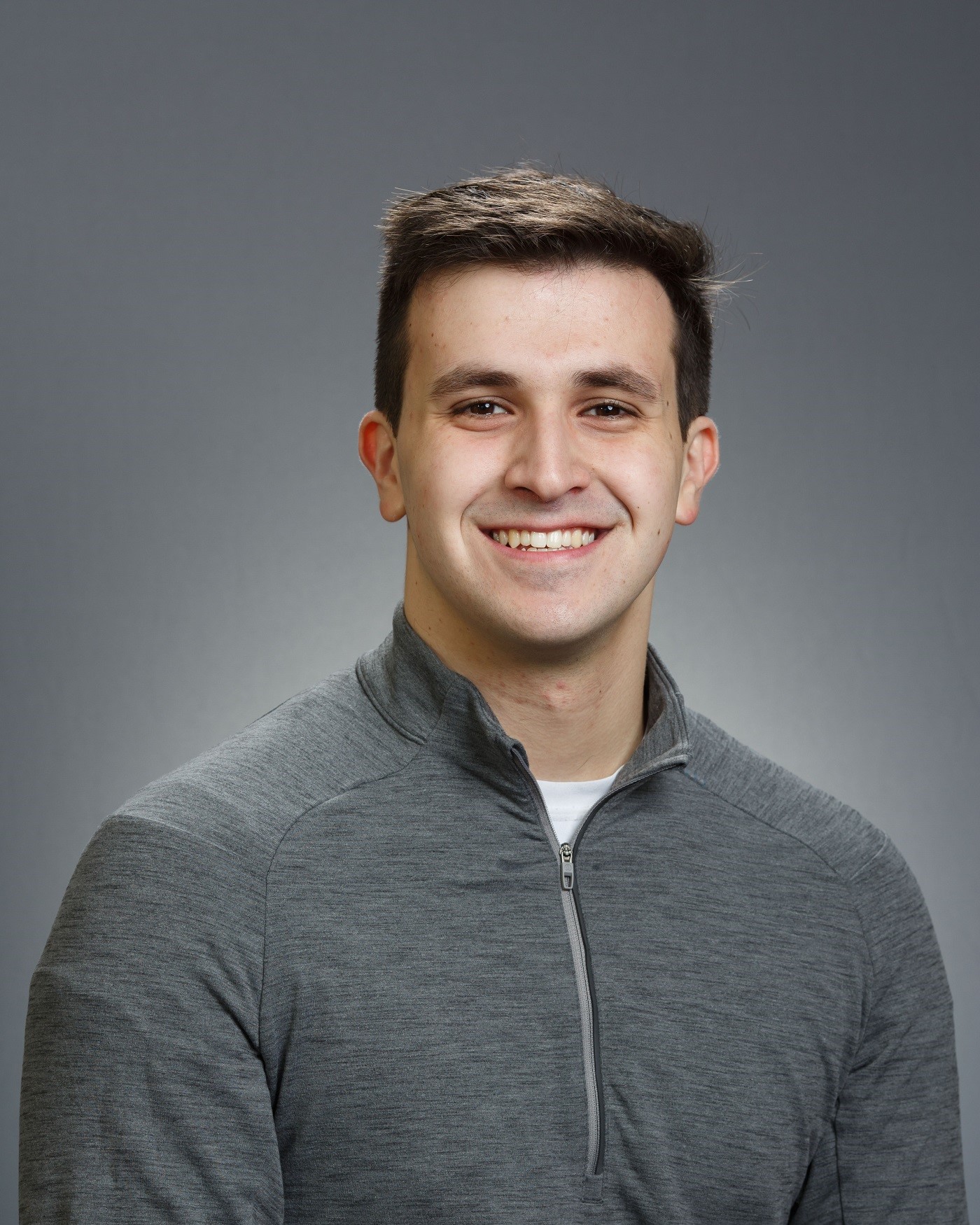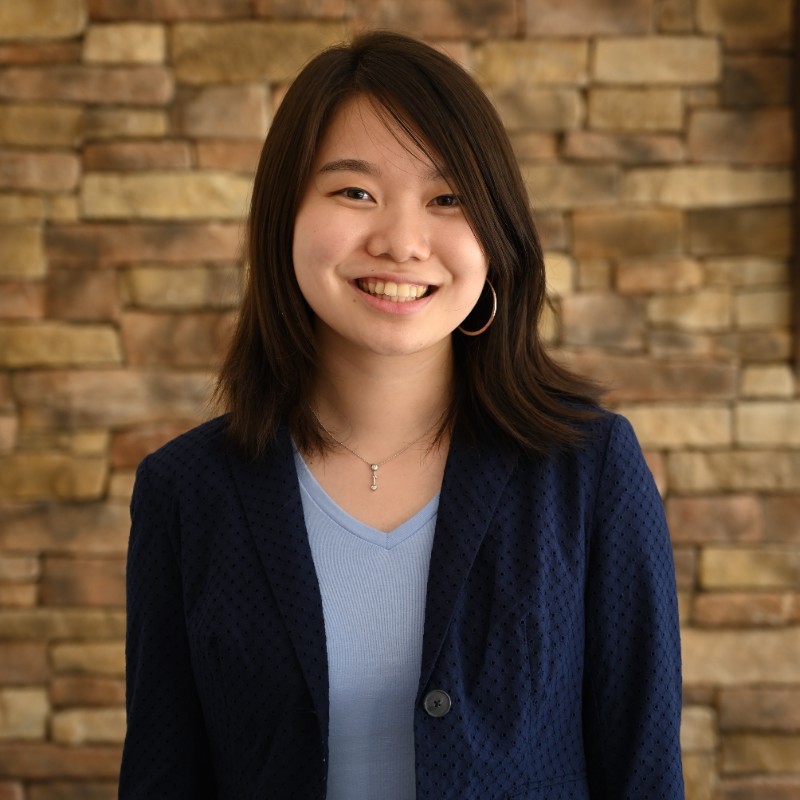Astro Automata
Automating Scientific Discovery
Our research group at the University of Cambridge develops and applies AI techniques across the physical sciences. Our work spans from foundational ML methods to scientific applications in astrophysics, cosmology, mathematics, fluid dynamics, and physics.
Our Research
Foundation Models for Science
Along with our collaborators at Flatiron Institute, we form one of the nodes of PolymathicAI, an international collaboration building large-scale foundation models for science, pretrained on diverse numerical datasets. Just as large language models have transformed natural language processing, we aim to build large "quantitative" models that transfer concepts across scientific disciplines.
Interpretable ML for Science
At the other end of the spectrum, we drive the development of machine learning methods which yield clear and interpretable scientific insights, lifting the black box predictions of deep learning. Our work includes the popular open-source framework PySR for symbolic regression, among significant work on interpretability of deep neural networks in the context of physics.
Scientific Discovery across Physics and Astronomy
We simultaneously apply our AI techniques to targeted problems across the physical sciences. Our scientific interests span a variety of topics (often student-driven), including turbulence modeling, planetary dynamics, oceanography, cosmological inference, exoplanet characterization, among many other areas.
Our Team

Miles Cranmer
PI
Assistant Professor, DAMTP & IoA
Topics: all

Meatball
Co-PI
Catbridge
Topics: Sleeping

Payel Mukhopadhyay
Assistant Research Professor
DAMTP
Topics: Foundation Models, ML-Accelerated Simulation

Shruti Mishra
Encode Fellow
DAMTP
Topics: Foundation Models, ML-Accelerated Simulation

Tom Hehir
PhD Student
IoA
Topics: Foundation Models, Extragalactic

Rio Fear
PhD Student
DAMTP
Topics: Mechanistic Interpretability, ML-Accelerated Simulation

Júlia Laguna Miralles
PhD Student
IoA
Co-advised with Vasily Belokurov
Topics: Time Domain, Extragalactic

Hadi Sotoudeh
PhD Student
IoA
Co-advised with Neil Lawrence
Topics: Foundation Models, ML-Accelerated Simulation, Extragalactic

Nidhish Sagar
PhD Student
Physics
Co-advised with Akshay Rao, James Fergusson
Topics: Symbolic ML, Energy Materials

Adil Soubki
PhD Student
DAMTP & IoA
Topics: Symbolic ML, Theoretical Physics

Ed Stevenson
PhD Student
IoA
Co-advised with Oliver Shorttle
Topics: Exoplanets, ML-Accelerated Simulation

Elizabeth Tan
PhD Student
DAMTP
Topics: Symbolic ML, Mechanistic Interpretability

George Vassilakis
PhD Student
IoA & DAMTP
Co-advised with Vasily Belokurov
Topics: ML-based Imaging, Extragalactic

Rachel Zhang
PhD Student
DAMTP
Topics: Foundation Models, Mechanistic Interpretability
Alumni
- Helen Shao, '25 (→ Harvard)
Recent Publications
Discovering symbolic models from deep learning with inductive biases
We develop a general approach to distill symbolic representations of a learned deep model by introducing strong inductive biases. We focus on Graph...
Lagrangian neural networks
Accurate models of the world are built upon notions of its underlying symmetries. In physics, these symmetries correspond to conservation laws, suc...
The CHIME fast radio burst project: system overview
The Canadian Hydrogen Intensity Mapping Experiment (CHIME) is a novel transit radio telescope operating across the 400-800-MHz band. CHIME is compr...
Our Software
High-Performance Symbolic Regression in Python and Julia
Code for "Discovering Symbolic Models from Deep Learning with Inductive Biases"